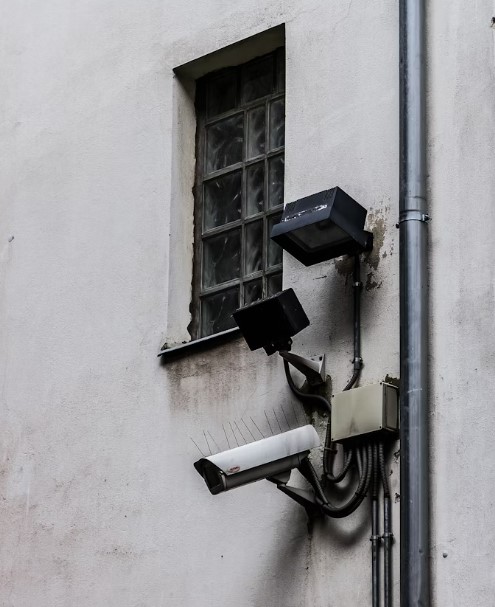In an increasingly connected world, digital spaces offer invaluable opportunities for LGBTQ+ individuals to find community, support, and information.
From online gay chat platforms to social media, these virtual hubs can be lifelines. However, ensuring your digital safety and privacy is paramount, especially for a community that can face unique vulnerabilities online. Protecting yourself is about empowering your online experience.
Understanding the Unique Risks for LGBTQ+ Users
While general online safety rules apply to everyone, LGBTQ+ individuals might encounter specific challenges:
- Targeted Harassment: Sadly, some queer individuals face disproportionate online harassment, hate speech, and cyberbullying.
- Doxing and Outing: Malicious actors might attempt to reveal personal information or disclose someone’s sexual orientation or gender identity without consent.
- Scams and Fraud: Vulnerable users can be targeted by scammers posing as potential partners or offering fraudulent services.
- Data Vulnerability in Less Accepting Regions: For those in areas with discriminatory laws, data breaches can have severe real-world consequences.
Being aware of these risks is the first step toward safeguarding your online presence.
Essential Tips for Digital Safety
Prioritizing your privacy and security allows you to fully enjoy the benefits of online gay chat and other digital platforms:
- Strong, Unique Passwords & Two-Factor Authentication (2FA): This is your first line of defense. Use complex passwords for every account and enable 2FA wherever possible (e.g., Google Authenticator, Authy).
- Review Privacy Settings: Regularly check and adjust the privacy settings on all your social media, dating apps, and gay chat platforms. Limit what personal information is visible to the public or even to your connections.
- Think Before You Share: Be cautious about sharing sensitive personal details like your home address, workplace, exact location, or financial information, especially with new acquaintances.
- Verify Identities: If a new contact seems too good to be true, they often are. Be wary of profiles with limited information, evasive answers, or immediate requests for money or personal favors.
- Use Pseudonyms & Aliases: Especially on forums or free gay chat sites, consider using a username that doesn’t reveal your real identity.
- Be Skeptical of Links & Downloads: Phishing scams are common. Never click on suspicious links or download files from unknown sources, even if they appear to come from someone you know (their account might be compromised).
- Secure Your Devices: Keep your operating system, web browser, and apps updated. Use reputable antivirus software.
Ethical Communication: Building a Safer Community
Beyond individual safety measures, practicing ethical communication contributes to a healthier digital environment for everyone:
- Respect Boundaries: Always respect when someone says no or sets limits on what they’re comfortable discussing or sharing.
- Zero Tolerance for Harassment: If you witness or experience harassment, immediately use the platform’s reporting features. Your action helps protect the entire LGBTQ+ community.
- Be Honest About Intentions: Whether you’re using gay chat for friendship, dating, or specific interests, clear communication about your intentions avoids misunderstandings.
- Protect Others’ Privacy: Never share someone else’s personal information or screenshots of private conversations without their explicit consent.
By adopting these modern digital safety and ethical communication practices, LGBTQ+ individuals can navigate the online world with greater confidence, truly leveraging its power to connect, support, and empower the global queer community. Your safety in online gay chat is in your hands, but also a shared responsibility.
